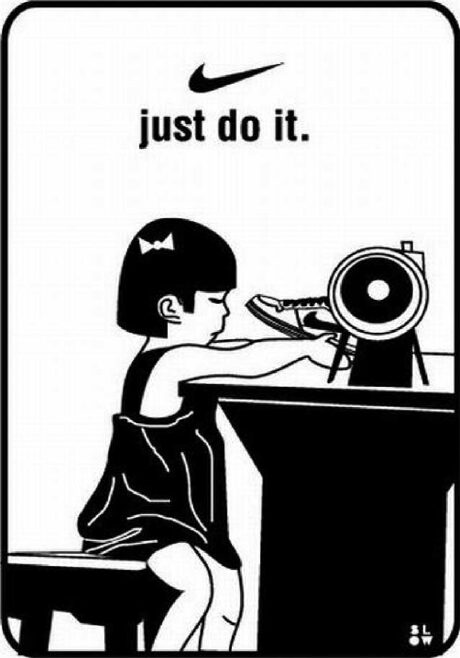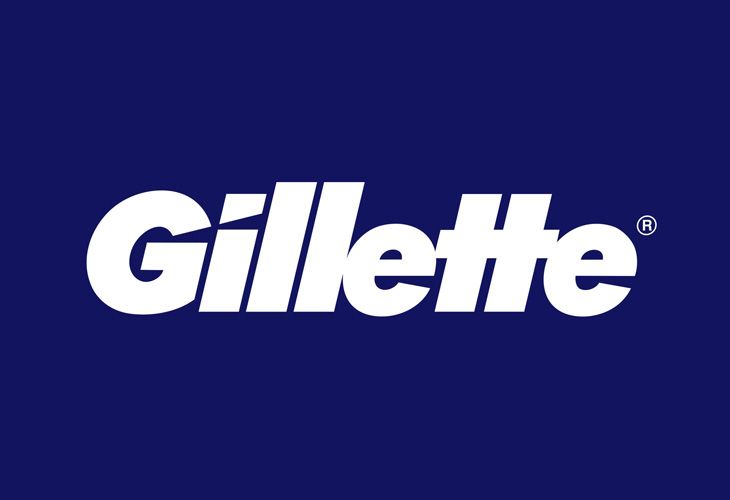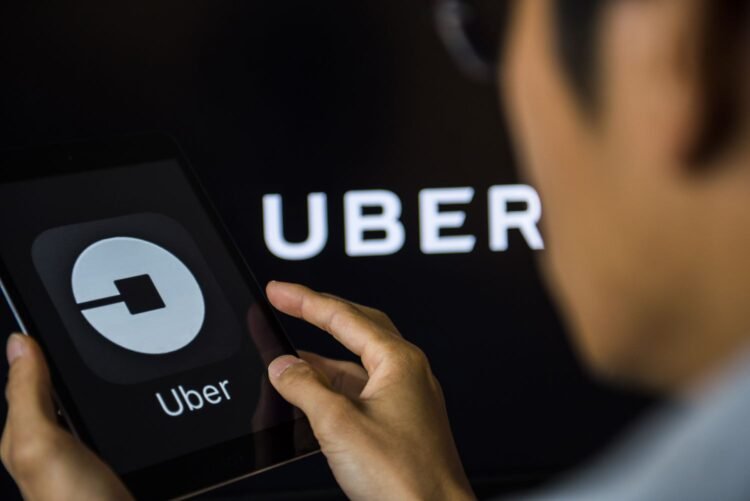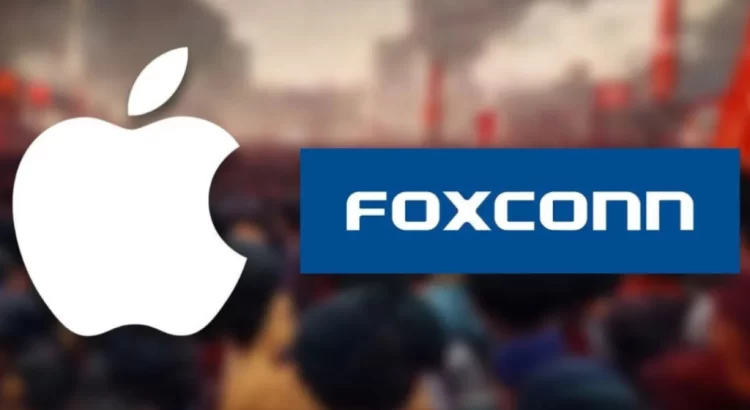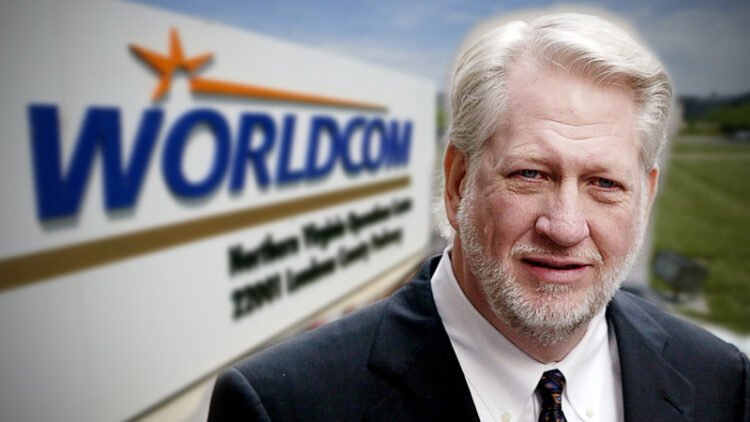Nike Inc. is a multinational American organisation that is known for its ability to design, manufacture and sell footwear-based products, gym accessories and sporting goods. Thus, Nike is considered as one of the largest shoe retailers worldwide, controlling approximately 36% of shoe market. With a revenue of $30 billion in 2015 alone, Nike was acknowledged as the 18th most valuable brand employing over 600,000 workers worldwide. It is, therefore, this which has given Nike the ability to open stores globally. Despite the organisations growing success, Nike has been inundated with criticism since the 1990s regarding the unethical treatment of employees overseas and its impact on the environment. As well as this, there is evidence to suggest that Nike has failed to meet consumer/stakeholder needs in relation to corporate social responsibility; therefore, reducing customer-brand loyalty and consumer trust. Regardless of the effort put in place to overcome these issues, Nike still Continue reading
Business Ethics
Case Study: Analysis of Gillette’s Controversial Advertisement “The Best a Man Can Be”
Gillette’s new ad was released on January 13, 2019; in the video, the cult manufacturer of skincare products has changed its 30-year slogan. Gillette has updated its old motto to “The best men can be.” This video shows the so-called male behavior that, according to the authors’ ideas in it, includes harassment, violence, and bullying. The main leitmotif of the ad is the fight against toxic masculinity. The video itself is an integral part of a new advertising and charity campaign, which might be called a battle against the old customs. The reaction to it was enchanting; it should be noted that many users are already saying that the video in the future may break the YouTube record for the number of dislikes. In such a situation, the word “criticize” in the framework of this reaction is not suitable as a wording. Because criticism, to put it mildly, does not Continue reading
Case Study of Uber: Lack of Ethics and Morality in Business
Uber, what once was just a German adjective, is now internationally known as the world’s leading ride-sharing service. Similar to a taxicab, Uber actually went by the name Ubercab until October of 2010, when it decided to drop the “cab” from its name. Not only did this company compete with its yellow and black counterparts, but Uber took the industry by storm and has nearly wiped-out the traditional taxi cab service. Along the way the company has had many successes, but has encountered several failures and ethical challenges as well. One night in 2008, Garrett Camp and Travis Kalanick were having trouble finding a ride in Paris, when suddenly they came up with the idea that would allow users to hail a cab electronically, using only their cell phone. By utilizing their cell phone, users could avoid the nuisance of physically hailing a cab, ensure the driver took the most Continue reading
Case Study on Business Ethics: Apple and FoxConn Labor Scandal
Apple Inc. is devoted to creating the finest music and personal computing experience for every single one of its users, from students to educators, business professionals to government officials and other consumers by means of ground-breaking hardware, software, internet offerings, peripherals, and services. Apple’s business approach powers its distinctive ability, through the design and progression of its personal operating system, hardware, and countless technologies and software applications, to provide its customers the latest creations and simple solutions through outstanding innovative industrial design. Before being able to produce some of the finest computer products we have nowadays, Apple went through countless processes and hurdles. Apple was established in 1976 by two college dropouts, Steve Jobs and Steve Wozniak. Also part of the team was Ronald Wayne, who was older and had personal assets of his own. Wayne’s uncertainty of the company worried him about the risk of investing his assets, and resulted Continue reading
Machine Ethics – Overview, Developments, Issues and Future
History and Background of Machine Ethics Concept Machines are tools that make work easier by changing the direction of torque applied on a piece of workload. The general notion is that a machine is just a good size container with a system of gears and motors which are used for industrial purpose. The steam engine is a good indication of machines since its invention in the industrial revolution to power industries to different levels of output. However, the human race has been evolving thereafter and it is agreeable that the machines have also been evolving gradually hence the need to be au fait about the evolution to ensure we are at par. The definition of machines today has gone beyond the normal gearboxes we knew and has been taken to another level. The prominent machine invention or understanding of the twentieth century is the mathematical invention of the Turing machine. Continue reading
Case Study on Business Ethics: Bernard Ebbers and the WorldCom Scandal
The question as to whether Bernard Ebbers, the co-founder and former chief executive officer of the WorldCom trial that led to his conviction for twenty-five years in federal prison was fair still remains unanswered and can only be proven by appraising his conduct and actions when he was the chief executive officer at WorldCom. Ebbers was charged with conspiracy, security fraud, and making false filings to the Securities and Exchange Commission. Several civil lawsuits were brought before Ebbers and other senior executives of WorldCom including the former chief financial officer Scott Sullivan but however dismissed after Ebbers and the other senior agreed to distribute over six billion dollars plus interest to stakeholders who had invested their money in the company stocks. Ebbers was also charged with the indictment of the state securities laws by defrauding investors of WorldCom on numerous occasions between the periods of January 2001 and March 2002. Ebbers Continue reading
